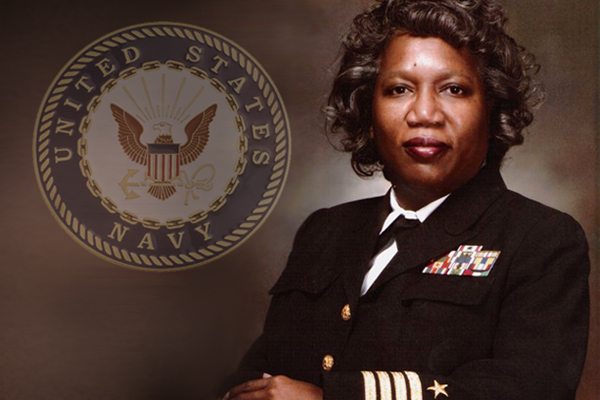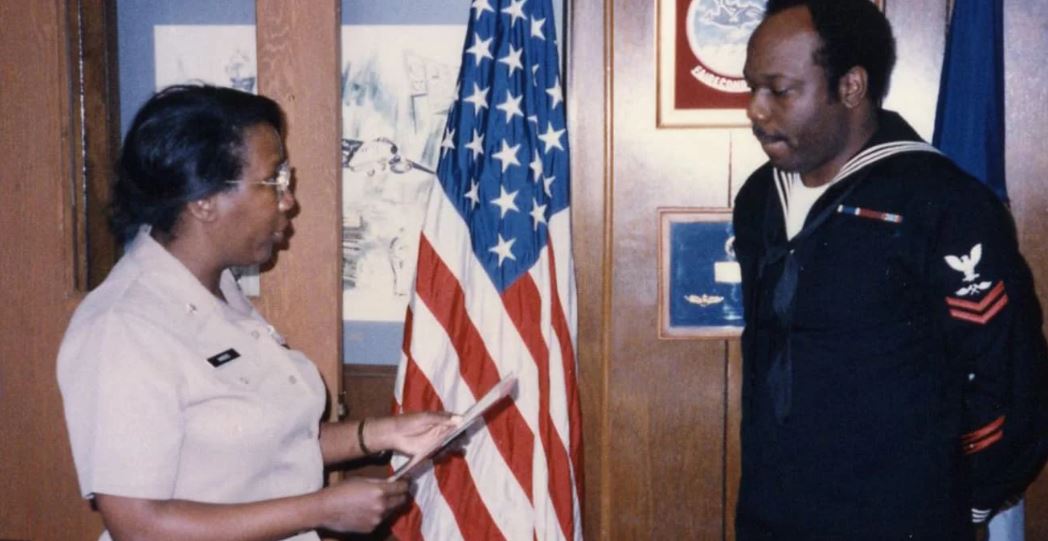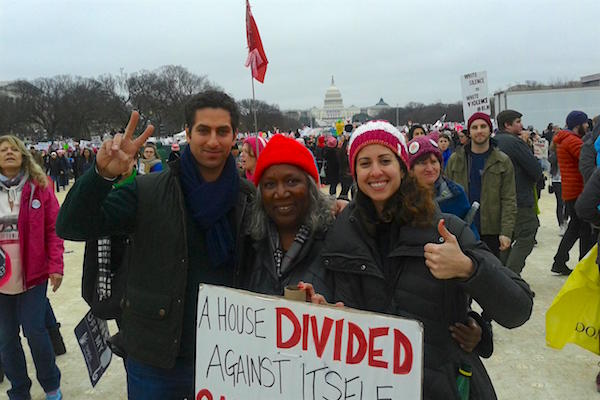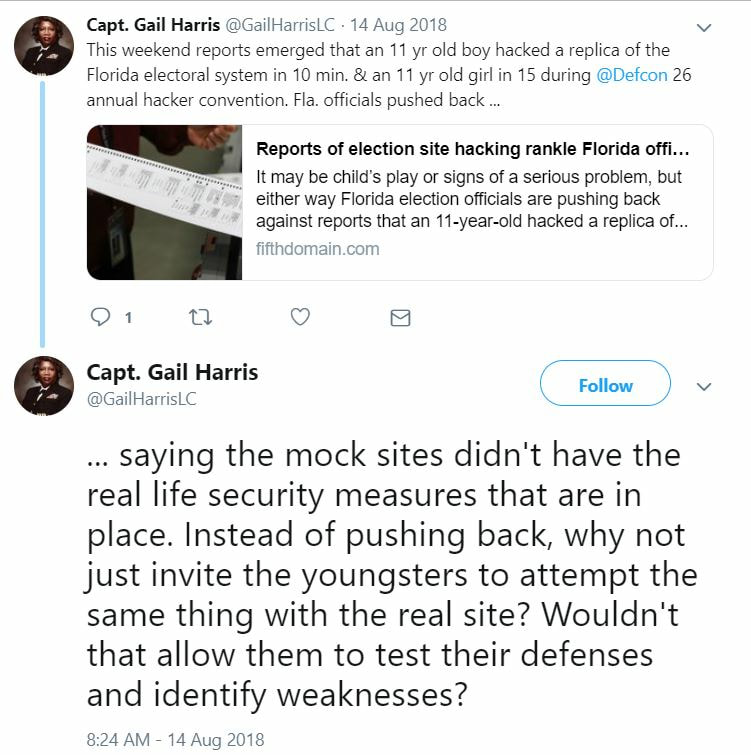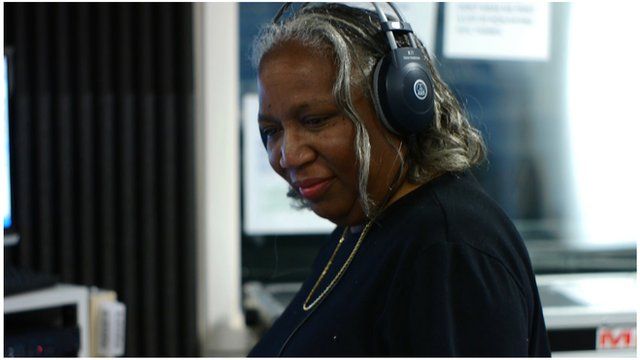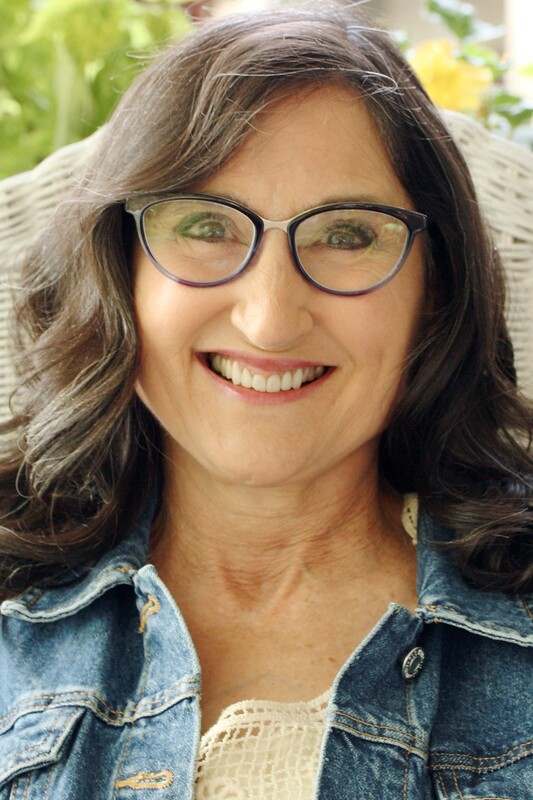|
But first... I discovered a wonderful author whom I should have known about before at the recent Association of Writing Programs conference. I presented on a panel about writing nonfiction for kids in the age of fake news. Luckily, a panel I picked to attend featured Thi Bui and a reader's theater performance of a section of her book The Best We Could Do. 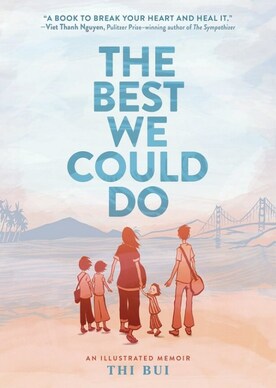 Thi Bui is an author/cartoonist and the book is a graphic novel memoir. It tells the story her family’s immigration to the United States during the Vietnam War when Thi was three, combining the personal and political as it follows the family's life as refugees in America. What's Thi working on now? Here's what she said in an interview with Smithsonian Asian Pacific American Center. I spent a long time thinking about Vietnam’s past, and now I’d like to spend some time thinking about its present and future. I’ve been following news stories about droughts, floods, and the saltwater intrusion that’s been wreaking havoc on the rice farmers of the Mekong Delta. Climate change is a reality there, and much closer than in the U.S. because the Mekong region is only six feet above sea level and grows half the country’s rice. About a million people will be displaced by the sea rising, possibly in my lifetime. [In light of] the climate change denial that’s happening here, this is maddening. I have to explore this. Read the full interview here. And now for this week's feature story. Her dad told her to stop whining and complaining. Here's what she did. A Black Woman Spy Breaking BarriersCaptain Gail Harris confronted racism and sexism to become the U.S. Navy’s first black and female intelligence officer, and the highest-ranking black woman in the navy when she retired in 2001. As a five-year-old watching the movie Wing and a Prayer, Gail saw actor Don Ameche’s character gave an intelligence briefing to Navy pilots after the attack on Pearl Harbor. Then and there, she decided she wanted that job. “My father was in the army in the after-math of WWII when it was still segregated, so he could have bust my bubble right there and told me that it was rare that the navy only had a handful of African-American male captains, let alone female," Gail says. "But he didn’t. He turned to me and said, 'This is American, you can be whatever you want to be.'” If Gail had known then that women were not allowed combat roles in the U.S. military, she may have given up the idea. Or maybe she would have wanted it all the more. Gail believes that her sense of humor, as well as her intellect helped her break an important barrier in 1973, when she became the first female assigned to an operational combat job as an intelligence officer. Her first years as the only woman in a squad of 360 men demanded every bit of her confidence and nerve. "People would look at me and refuse to salute me and I would smile and salute them first and say “Good Morning! Isn’t this a great day? That usually embarrassed them," Gail remembers. "Those first few years were pretty brutal. But my father told me to stop whining and complaining....He told me that if I couldn’t stand the heat, get out of the Navy and get a job as a janitor. Most importantly, he told me that if someone had a problem because I was a woman or Black, it was their problem, don’t make it mine." In her 28-year naval career, Gail served a crucial role in naval intelligence during every major conflict from the Cold War and El Salvador to Desert Storm and Kosovo. She carved out a string of firsts for African American woman, including working as an instructor at the Armed Forces Air Intelligence Training Center where she built the navy's first course on Ocean Surveillance Information Systems. When Gail retired, she thought her work for civil rights was done. Until Donald Trump became president. For the first time in her life, Gail joined a political march. "I was of the mindset I could change things by excelling in my work, by proving doubters and haters wrong," Gail says. But she had begun to feel an unease, that was confirmed for her on a visit to her mother in Arkansas, when she and a white friend encountered looks of hate and disgust from white shoppers at the grocery store. "I realized at that moment, in all of the times I’d traveled to the new south, I had never seen a black person and a white person sitting together at the same table in restaurants or hanging out. We had broken an unwritten social code. It was obvious to any observer we were old friends who treated each other as social equals. "Those attitudes are so backward to most Americans, many may prefer to believe I misread that situation. But I know “hate” when I see it." Gail showed up for the women's march for the sake of the next generation of women and minorities, saying, "I don’t want the clock pushed back on my watch." In her retirement, Gail also keeps a close watch on what's happening in the field of cyber security. In the Navy, Gail final assignment was developing an intelligence architecture for cyber warfare. She's worried now, that it may take a catastrophe on the level of 9/11 to get all the different federal, civilian and international agencies to cooperate in fighting cyber warfare and crime. The bad guys and girls are just scratching the service of the havoc they can bring about. Technology is changing at the speed of thought and the rules and regulations dealing with it are moving at the speed of a glacier. [We] must work with our allies to develop a common cyber lexicon and agree on what constitutes a cyber attack, a cyber act of war, etc. Does this include malign influence operations via social media, for example." To protect American interests, government and industry will have to work together more closely and share information as private industry owns 90% of the critical cyber infrastructure. Are you wondering if this woman ever relaxes? Why, yes, she does. While playing air guitar during her stint as a disc jockey for an R& B radio show on KDUR, a public radio station in Durango, Colorado. "Music for me, even without being a disc jockey, it saved my soul. My job [in navy intelligence] was so intense that when I left my job frequently I couldn’t go to sleep."
Retired Navy Captain Gail Harris Role sleeps well now, and believes the outlook for women in general and the military in particular is positive. Gender equality in on the agenda, on the radar scope as we say in the military and it’s not going to get kicked off.” Gail predicts within less than ten years, Americans will see a female Chairman of the Joint Chiefs of Staff and/or a female Secretary of Defense. Sources: https://www.youtube.com/watch?v=5NSoDkOpOtI (The BBC) https://limacharlienews.com/veterans/captain-gail-harris/ https://limacharlienews.com/cyber/gailforce-blinking-red-cyber-war-and-malign-influence-operations-today/ https://limacharlienews.com/op-ed/gailforce-reflections-from-the-womens-march/ |
I'm fascinated to discover little-known history, stories of people and events that provide a new perspective on why and how things happened, new voices that haven't been heard, insight into how the past brought us here today, and how it might guide us to a better future.
I also post here about my books and feature other authors and their books on compelling and important historical topics. Occasionally, I share what makes me happy, pictures of my garden, recipes I've made, events I've attended, people I've met. I'm always happy to hear from readers in the blog comments, by email or social media. Archives
September 2023
Categories
All
|
